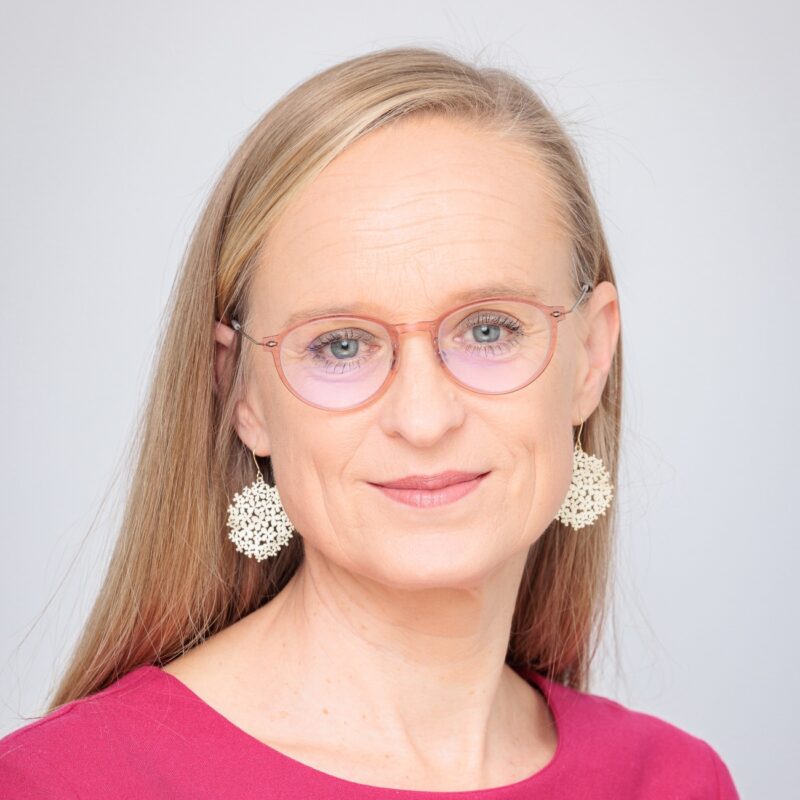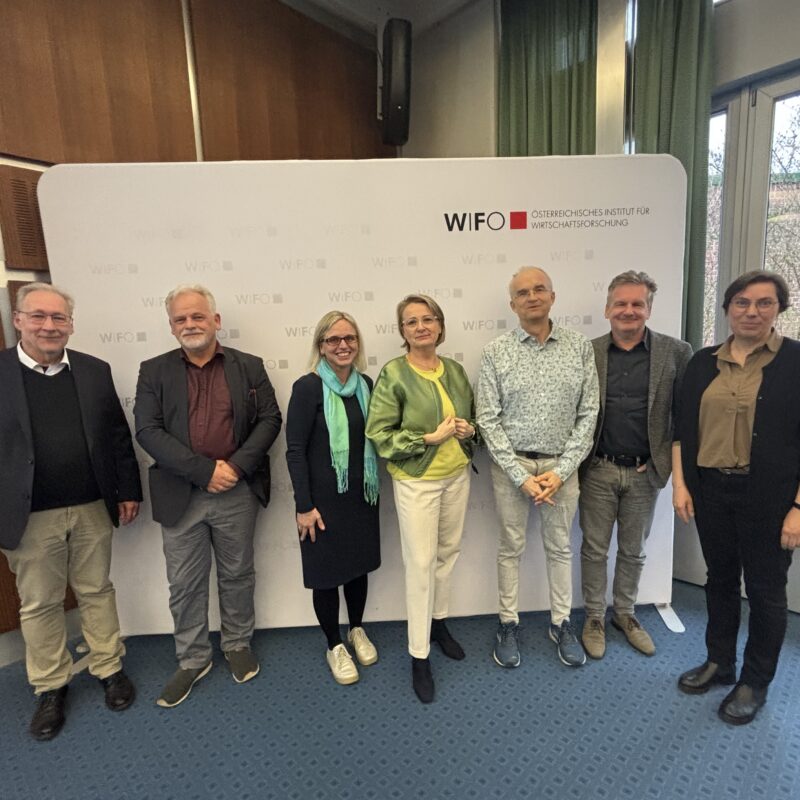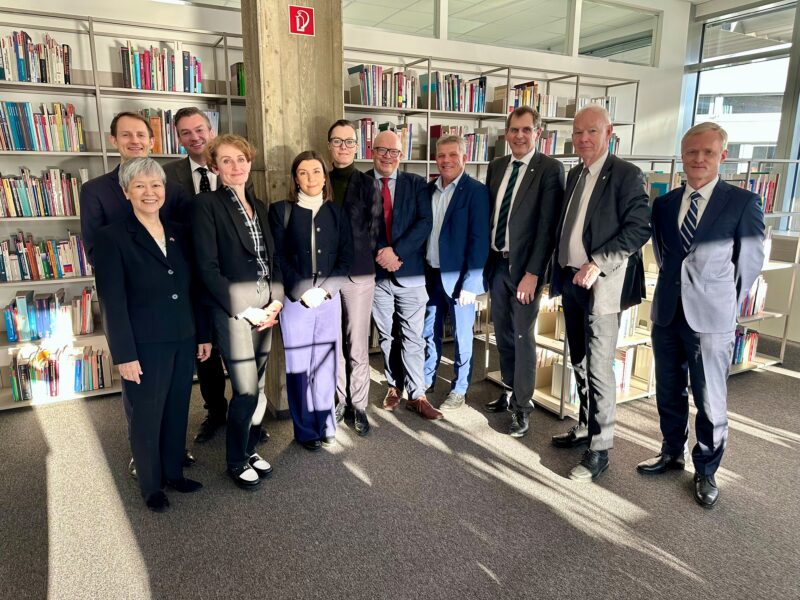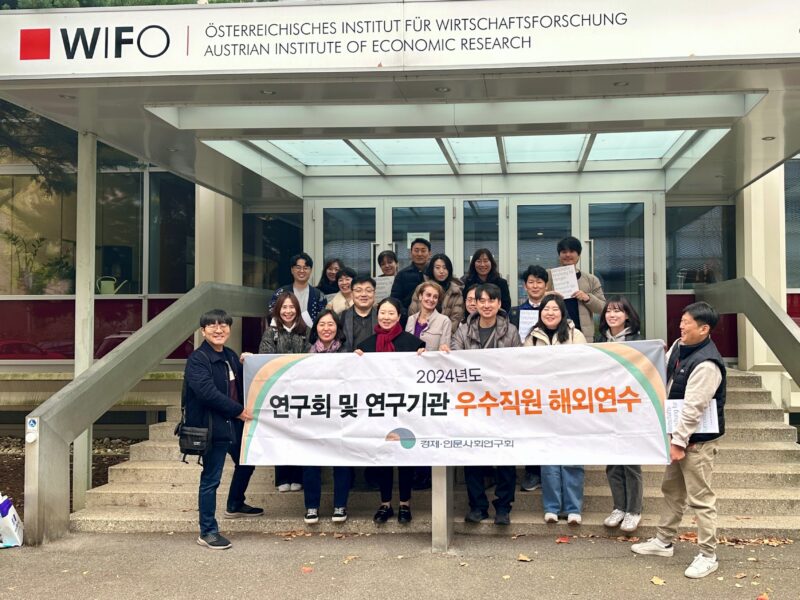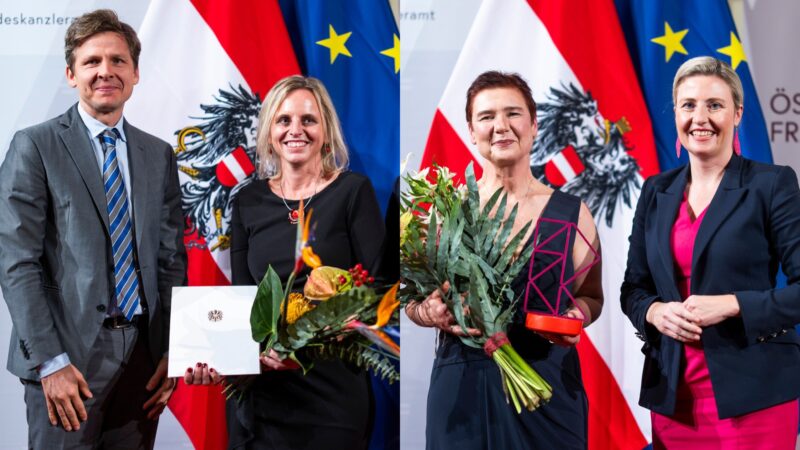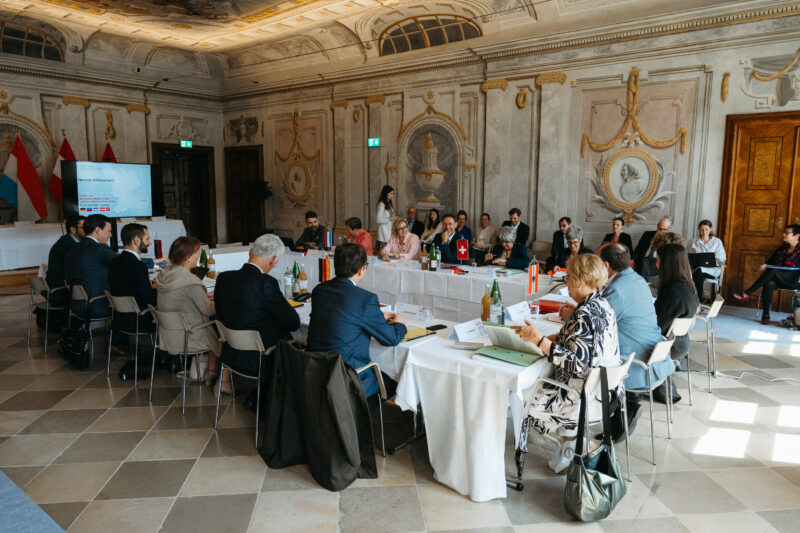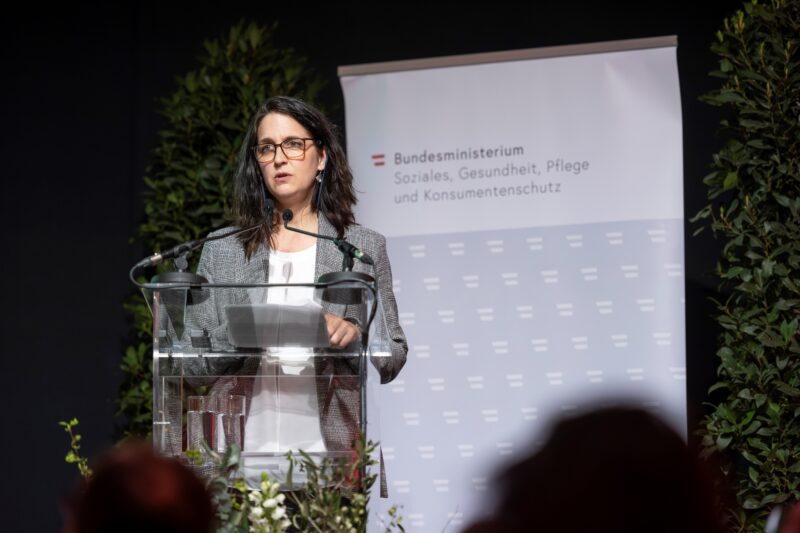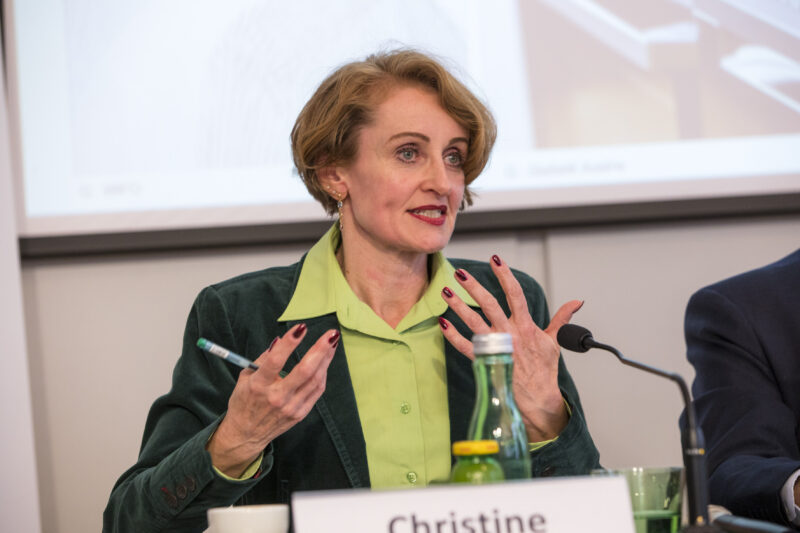
Gallup-WIFO Opinion Check Shows that the Share of Home Care is Greatly Underestimated
"So this is greatly overestimated," said WIFO Deputy Director Ulrike Famira-Mühlberger during a media chat on 21 June 2022. "It is rather the case that it is mainly relatives who provide long-term care services. Austria's long-term care model relies heavily on informal care. Around 40 percent of those receiving long-term care allowance do not use any formal care services at all."
"However, this also largely corresponds to the wishes of the population. Three quarters of the respondents state that they want to be cared for at home in the event of a minor care case and more than half want this even in the event of a severe care case," explained the head of the Gallup Institute Andrea Fronaschütz. The data of the long-term care service statistics show that about three quarters of nursing home residents have an intensive need for care.
According to the latest mood barometer of the Gallup Institute, 64 percent of Austrians think that politics urgently needs to deal with long-term care and health as a priority. The Gallup-WIFO opinion check investigated whether the population's assessments of care provision in Austria correspond to the facts.
For this purpose, the Gallup Institute surveyed the experiences and opinions in the field of long-term care before the COVID-19 pandemic (December 2019 and January 2020) and again exactly two years later. What is striking is that the personal experience of caregiving declined during the pandemic, especially among women. "This could indicate that women had to reduce their involvement in informal care somewhat due to their multiple burdens caused by the effects in the COVID-19 pandemic," Fronaschütz opined.
The respondents tended to assess the financing of care in Austria correctly, namely that both the public sector and private households are responsible and make their contributions. "It is interesting that despite the political decision to continue financing long-term care through general taxes, the majority of respondents would prefer long-term care insurance as another pillar of social insurance," emphasised Fronaschütz. "However, from an economic point of view, this would not be advisable," added Famira-Mühlberger, "as this would have a regressive distributional impact and negative effects on growth and employment compared to tax financing."
However, the respondents recognise well the three problem areas in long-term care: financing, staffing needs and the impact of demographics. WIFO projections show that Austria will face high rates of increase in real expenditure on care, as well as high staffing needs. At the same time, there are a number of reasons why the potential for long-term care within the family is declining, such as the increasing labour market participation of women through higher educational attainment as well as lower birth rates.
The Gallup-WIFO Opinion Check is an initiative of the Austrian Gallup Institute and the Austrian Institute of Economic Research (WIFO) to objectify the often emotionally and ideologically heated discourse in our society. In this joint series of surveys, the opinion of the population on economic topics is collected and contrasted with evidence-based information.
The presentation documents are available here.
A recording of the media chat will soon be available on WIFO.tv.
Please contact
